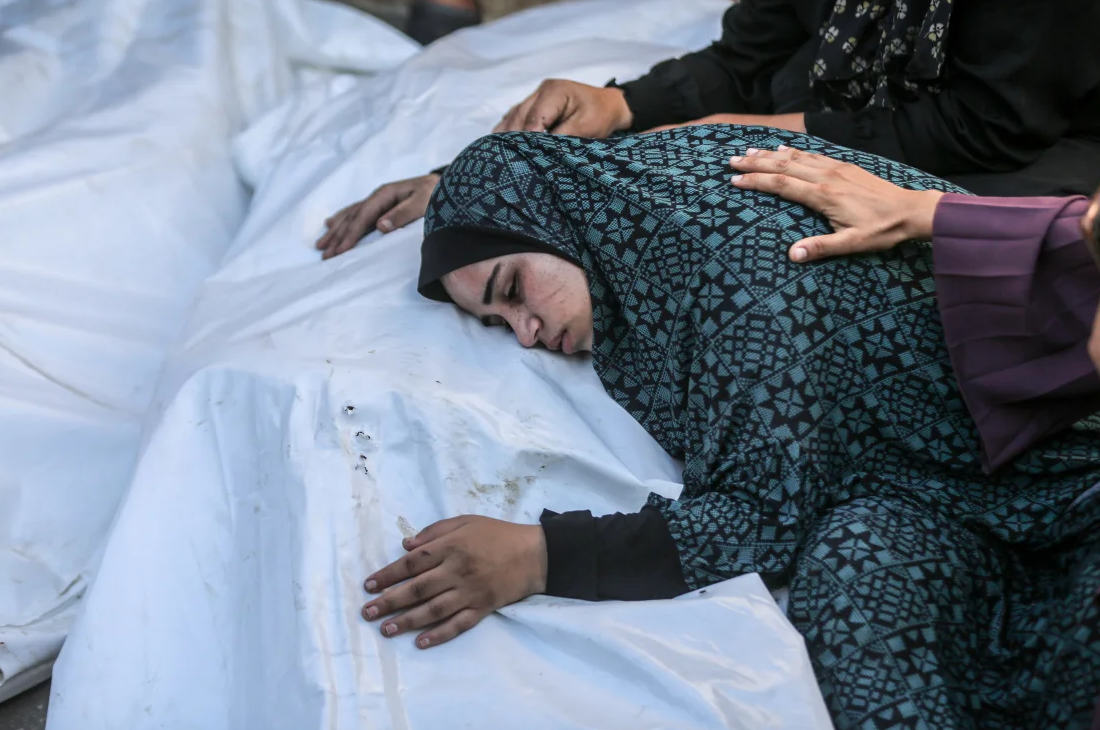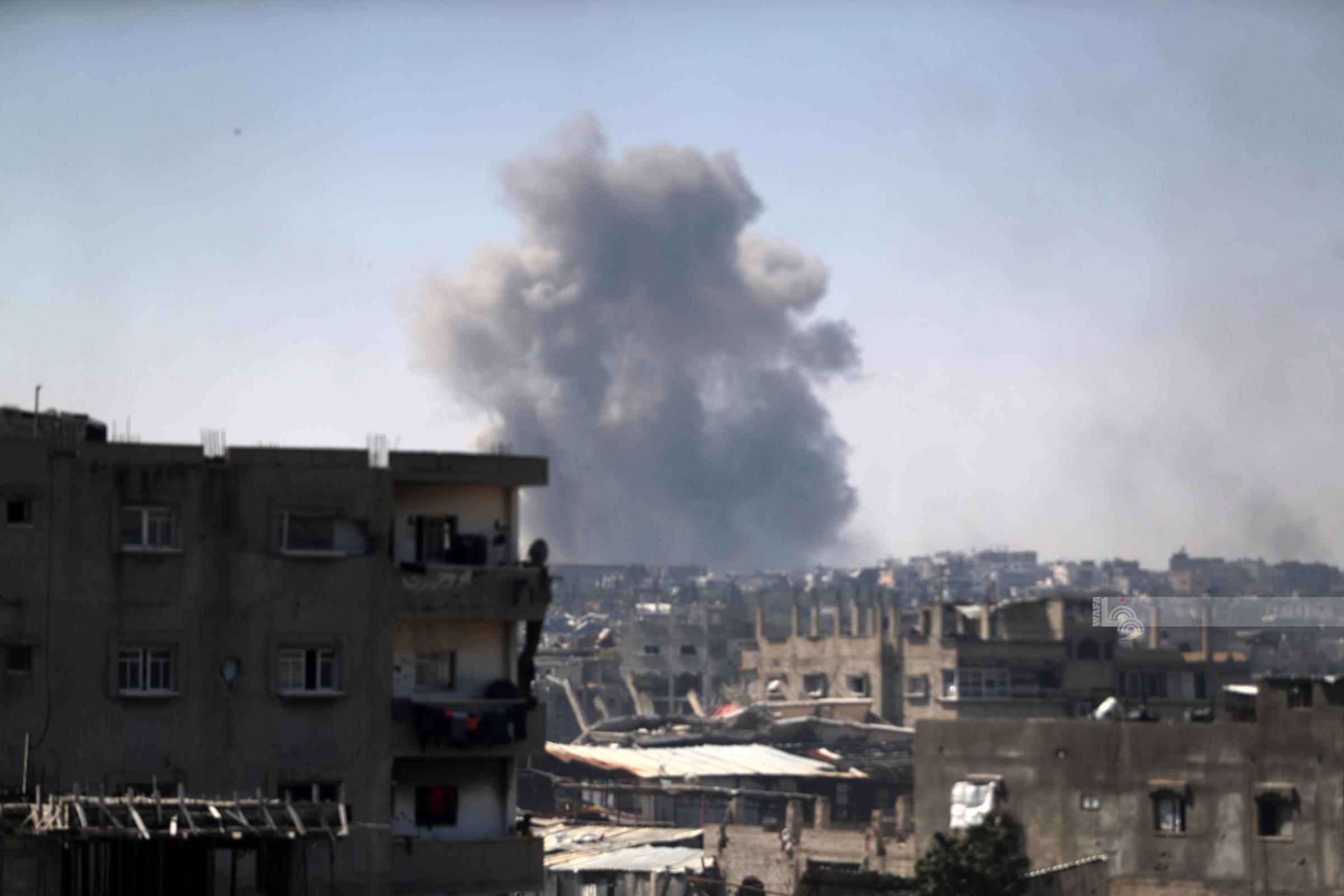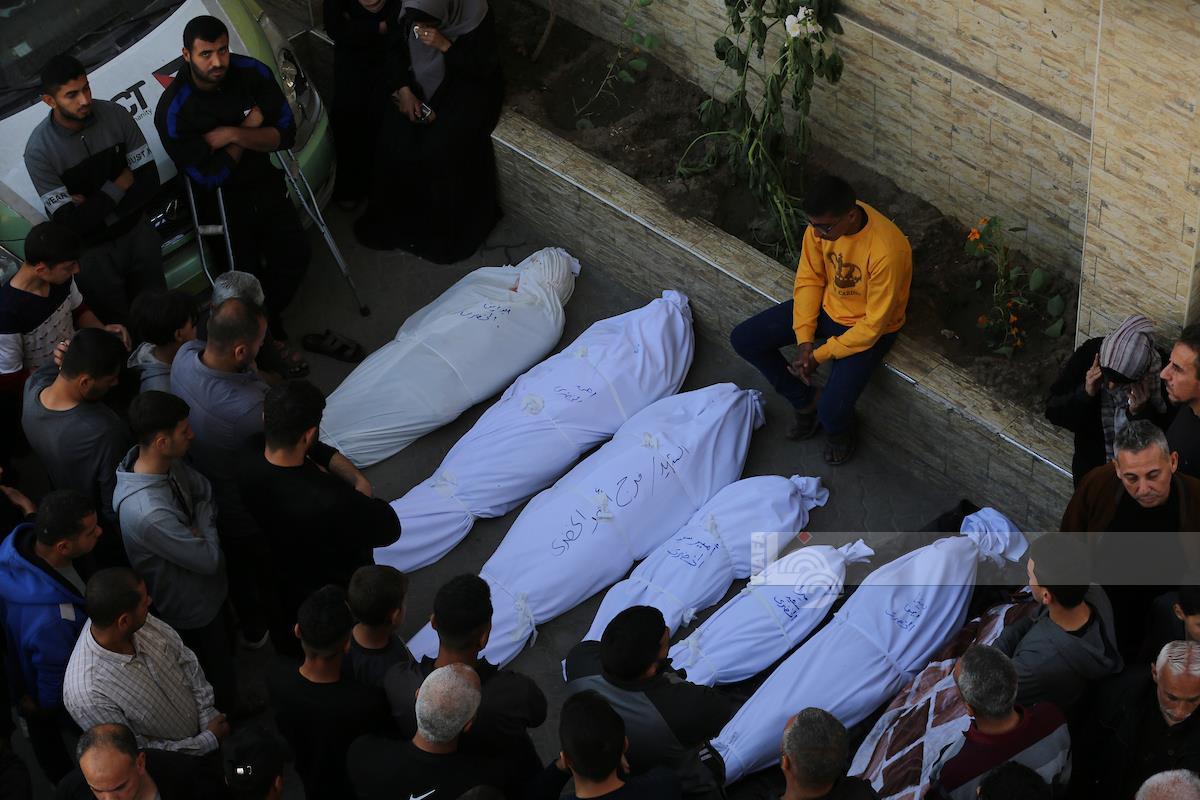PCHR: Report on State of Gaza Strip Border Crossings
GAZA, May 9, 2007, (WAFA)-Israeli Occupation Forces (IOF) has continued to close all border crossings of the Gaza Strip either completely or partially, excluding limited periods of eased restrictions.
Palestinian Centre for Human Rights (PCHR) said Wednesday in a report that the IOF has also continued to impose severe restrictions on the movement of Palestinian civilians and goods. The total siege imposed by IOF on the Gaza Strip has left disastrous impacts on the humanitarian situation and has violated the economic and social rights of the Palestinian civilian population.
"The siege It has also paralyzed most economic sectors. According to UNRWA estimations, 4 out of each 5 persons live below the poverty line. 1 Unemployment has also amounted to 40%. 2 In addition, the living conditions in the Gaza Strip have further deteriorated with the non- payment of salaries for the public sector for more than one year as international donors have frozen aids provided to Palestinians and Israeli authorities have suspended the transfer of tax revenues to the Palestinian National Authority (PNA) since March 2006. Moreover, the siege imposed on the Gaza Strip has severely impacted the flow of food, medical supplies and other necessities such as fuel, construction materials and raw materials for various economic sectors," PCHR said.
PCHR revealed that the most notable developments regarding the Gaza Strip border crossings during the reporting period can be summed up in the following:
Beit Hanoun (Erez) Crossing
This crossing was completely closed for 61 days. Thus, the number of closure days of the crossing since the beginning of 2007 has increased to 120. IOF has allowed less than 300 Palestinian traders and some staff members of international and local organizations who have necessary permits to travel through the crossing.
As to the humanitarian cases, during the reporting period, IOF allowed the passage of an average of 13 patients daily. However, only 567 patients were able to travel to hospitals in Israel and the West Bank through the crossing due to the severe restrictions imposed by IOF at the three crossings.
IOF has also prevented 172 from passing through the crossing. These figures reflect a decrease in the number of patients allowed to pass through the crossing in comparison to January and February 2007, when 819 patients were allowed to travel to hospitals in Israel and the West Bank.
Al- Mentar (Karni) Crossing:
During the reporting period, this crossing was completely closed for 7 days completely and 7 days partially. Despite the relative ease of restrictions imposed on the flow of goods, as the average number of containers allowed to pass through the crossing daily has mounted to 520 when the crossing is operated normally, the number of containers decreases in days to partial closure. The fees of transportation at the crossing have sharply increased from 2000 NIS (approximately US$ 500) to 9000 NIS (approximately US$ 2250), which has led to a sharp increase in the prices of goods in the local markets.
During the reporting period, exportation from the Gaza Strip through the crossing decreased to 55 containers daily. The exported goods included furniture, electrical appliances, biscuits, vegetables, flowers and fish. In January and February 2007, the number of containers exported from the Gaza Strip was 61 ones daily. According to the Palestinian - Israel Agreement on Border Crossing, the number of exported containers from the Gaza Strip should be at least 400 ones that should be increased in seasons of certain products.
Nahal Ouz Crossing:
This crossing is designed for fuel imports for the Gaza Strip. It has operated below its capacity. During the report period, the crossing was closed for 15 days. 6 The entry of benzene was denied for 23 days and the entry of gasoline was denied for 20 days. Thus, the crossing has been completely closed for 46 days since the beginning of 2007. The number of days in which the entry of benzene was denied has mounted to 46 and those in which the entry of gasoline was denied has mounted to 35. On 20 March and 3 April 2007, the crossing was closed for alleged security reasons. The crossing was also closed on 9, 13, 24 and 27 April 2007 for Jewish holidays. During the reporting period, 2,953,000 liters of benzene, 16, 032,000 liters of gasoline, and 11,054 tons of gas were entered into the Gaza Strip. These amounts did not meet the actual needs of the Gaza Strip.
Sofa Crossing:
This crossing, which is designed for the entry of raw construction materials, was completely closed for 53 days, whereas it was partially operated for 6 days. 7 Since the beginning of 2007, IOF have closed the crossing for 68 days. The Palestinian side closed the crossing from 8 to 20 March 2007 in protest of the robbery of a car belonging to the director of the crossing when he was on his way to the crossing. 8 IOF closed the crossing from 23 March to 28 April 2007 allegedly to establish new gates. During the reporting period, only 28,090 tons of aggregate were allowed into the Gaza Strip.
Karm Abu Salem (Kerem Shalom) Commercial Crossing:
IOF closed the crossing for 101 days since the beginning of 2007. During the reporting period, the crossing was partially reopened for 7 days, allowing the entry of 3,240 tons of Egyptian aids to the Palestinian people through World Food Programme. IOF also allowed the entry of . This figure includes Saturdays, the official Jewish holidays. 75 tons of rice provided by the Egyptian people to the Palestinian Ministry of Health, and some food aids for a number of humanitarian organizations in the Gaza Strip. The closure of the crossing has resulted in a decrease in aids allowed into the Gaza Strip. During the reporting period, 3, 910 tons of food aids and 38 containers of other aids were allowed into the Gaza Strip.
Rafah International Crossing Point:
Rafah crossing point was completely closed for 37 days, and was partially opened for 24 days. Thus, the crossing point has been closed for 83 days completely and 37 days partially since the beginning of 2007, and for 234 days completely and 69 days partially since 25 June 2006.
As a result of the repeated closure of the crossing point, thousands of Palestinian civilians wishing to travel from and to the Gaza Strip have been blocked at both sides of the crossing point. When the crossing point is opened, it witnesses congestion due to the high number of travellers.
Palestinian travellers, especially patients, face extreme difficulties passing through the crossing point and they have to wait for long periods.
The closure of Rafah International Crossing Point has left disastrous impacts of hundreds of Palestinians, who have been stuck at the Egyptian side of the crossing after they had received medical treatment in Egypt and others who have been held at Egyptian airports. Rafah Commercial Crossing has been completely closed since the implementation of the unilateral Disengagement Plan on 12 September 2005.
M.H.(12:20 P)(09:20 GMT)












